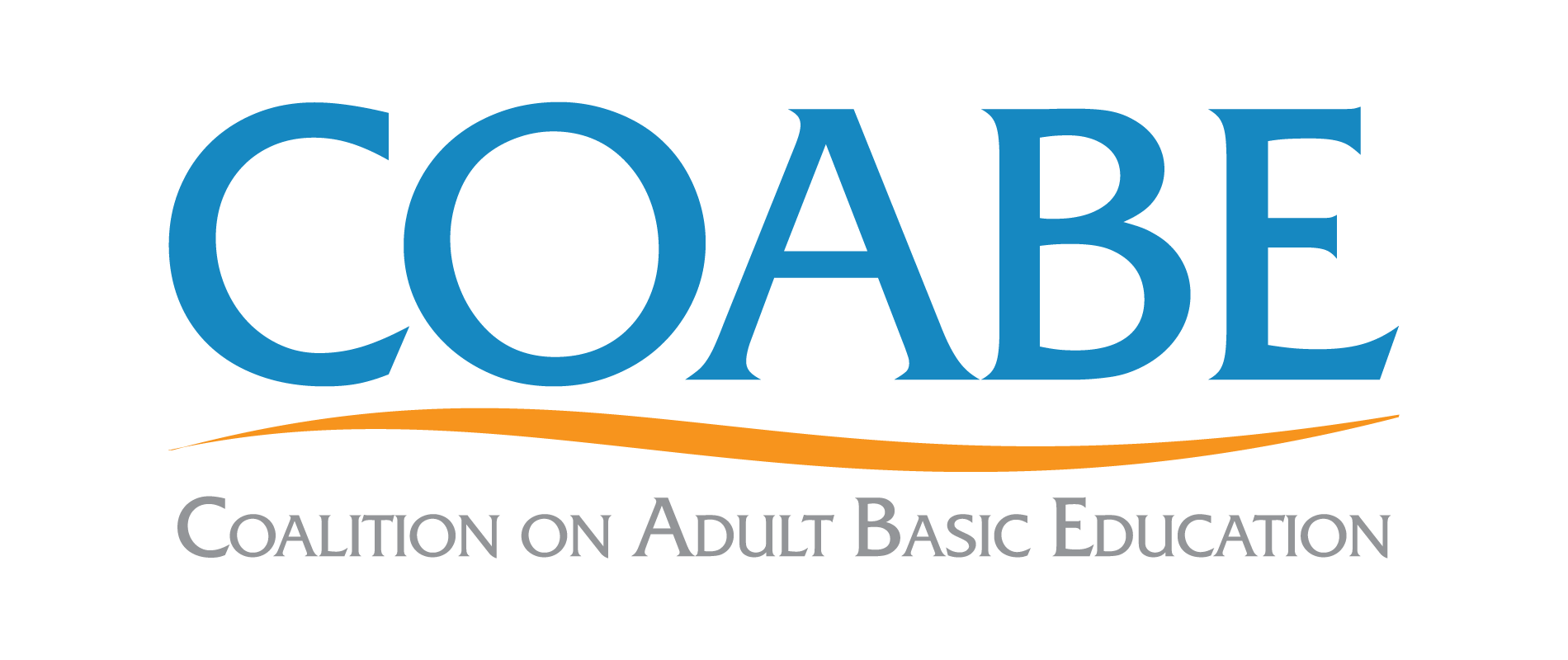A PIAAC strand will be present at the ProLiteracy U.S. Conference on Adult Literacy.
October 15, 2015 from 2:00pm-3:30pm
Session 1: Why Family Literacy Matters: A Closer Look at What PIAAC Tells us About the Relationship Between Adults' Literacy Skills and Their Parents' Education Level (Presenters: Sondra Stein and Katie Landeros, AIR)
This session provides the data programs need to make the case for investing in family literacy. Results from the Organization for Economic Cooperation and Development (OECD)’s 2012 Adult Skills Survey, known as the Program for International Assessment of Adult Competencies (PIAAC), provide solid evidence for why it is critical to raise adults’ literacy skills so that their children can succeed in school and in the workforce. This session will provide an introduction to PIAAC results, focusing on U.S. adults’ literacy skills. We will look closely at which adults in the U.S. are low skilled, and how their skill levels affect a range of factors, including employment, income, health and civic participation. We will also explore the many ways in which the literacy levels and life chances of adults in the U.S. are shaped by parents’ education level. Finally, we will take a closer look at the PIAAC literacy framework to see if our own instruction is building adult competence.
October 16, 2015 from 10:30am-12:00pm
Session 2: Why Numeracy Matters: A Closer Look at What PIAAC Tells us About Adult Workforce Success (Presenters: Sondra Stein and Katie Landeros, AIR)
Adults in the U.S. – especially young adults – have dismally low skills in numeracy and we know numeracy is critical to success in the workforce. This is one of the findings of the 2012 Survey of Adult Skills, known as the Program for International Assessment of Adult Competencies (PIAAC). This session will provide an introduction to PIAAC results, focusing on how adults in the U.S. performed on this international numeracy skills assessment, how those results compare with their peers in other countries, and the demographic characteristics of adults in the U.S. with low numeracy skills. We will take a closer look at which industries have the highest concentrations of low-skilled workers to help identify likely employers to partner with in building career pathways and workplace education programs. Finally, we will look at the PIAAC numeracy framework in order to see if we are building the numeracy skills adults need to succeed in the workforce.
October 16, 2015 from 2:00pm-3:30pm
Session 3: Why Digital Problem Solving Matters: A Closer Look at how Education and Skills Online can be used to Inform Educational Outreach Efforts (Presenter: Jill Castek, Portland State University)
Presenters will introduce a library-based, learner-centered project focused on a crucial need – developing programming to ensure that all citizens are equipped for today’s digital information age. The project used PIAAC's Education and Skills Online (ESO) — a valid and reliable assessment suite used in PIAAC that addresses literacy, numeracy, and Problem Solving in Technology Rich Environments (PS-TRE) — to examine adult library patrons’ skills and needs in the area of digital problem solving. Participants will learn what is included in PIAAC’s PS-TRE domain, how adults in the U.S. performed in this domain, and ways administration of PS-TRE was integrated into library outreach settings. ESO will be available online for use in local programs and research projects starting in August 2015. Presenters will engage the audience in interactive discussions focused on how the ESO tool can be useful to researchers and educators who work with a range of adult learners across multiple contexts.
For more information on the conference, please visit http://www.proliteracy.org/uscal/uscal-2015.









